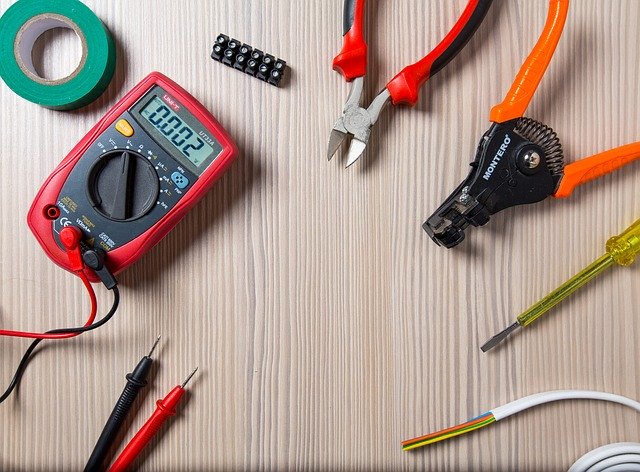
25 Apr Municipal Inspection a.k.a. City Inspection a.k.a. Re-Occupancy Inspection
Municipal inspection, city inspection, occupancy inspection, re-occupancy inspection, certificate of compliance, certificate of inspection, property maintenance inspection, housing conservation inspection, and a point of sale inspection are all terms for the same thing. For this article we will refer to them as municipal inspections so as not to confuse anyone. Not every municipality requires a municipal inspection so make sure to check with your REALTOR® or your city’s website to be sure if you need one.
Whenever there is a change in occupancy of a residence, a municipal inspection is required to ensure there is a minimum standard of safety and health. If the residence passes the inspection then it will receive an occupancy permit/certificate of inspection that will be valid for a limited amount of time. A municipal inspection is a basic code inspection where the inspector is checking for minimal interior and exterior building code violations based upon the International Property Maintenance Codes.
A municipal inspection is not intended to imply a guarantee or warranty as to the overall condition of the residence. When purchasing property you will want to consider having a commercial grade home inspection completed. You can read more about home inspections here.
 WHAT IS THE INSPECTOR LOOKING FOR?
WHAT IS THE INSPECTOR LOOKING FOR?
A local code enforcement officer or local building inspector will examine the interior and exterior of the property for structural soundness as well as safety issues. Examples of what might be required include:
•Elimination of overloaded wiring
•Repair of leaking plumbing. There must be hot and cold running water that drains into an approved public or private system
•Maintenance of heating equipment in good condition with proper ventilation
•Repair of deteriorated walls and ceilings. Doors and windows along with their locking mechanisms must work properly
•Provision of safe emergency exits, smoke detectors, and carbon monoxide detectors
•Repair of deteriorated roofs
•Repair of deteriorated steps or porches
•Repair of excessive peeling, flaking, and chipped paint
•Removal of weeds, vermin, and debris outside of the unit
•Maximum number of allowable occupants based upon bedroom size and total living area
•Permits
•Zoning
•Set back requirements
HOW LONG WILL THE INSPECTION TAKE?
The time the inspector spends on-site for a municipal inspection could take an hour or 2 but the inspector will have already spent some beforehand looking at the public records on file for the residence. These public records include zoning, permits, and compliance citations.
Inspectors examine a building’s exterior, interior, interior common areas and set a dwelling’s occupancy load. Water and electric must be operable at the time of inspection.
If the occupancy permit/certificate of inspection is issued with violations, the property owner has 30 days to make the necessary repairs. Extensions may be granted due to weather or other specific causes.
WHO IS RESPONSIBLE FOR THE INSPECTION?
When selling a residence, the seller or their legal representative, for example their REALTOR®, is normally responsible for ordering and paying for the municipal inspection and often needs to be done before closing.
 CLICK HERE FOR PODCAST
CLICK HERE FOR PODCAST